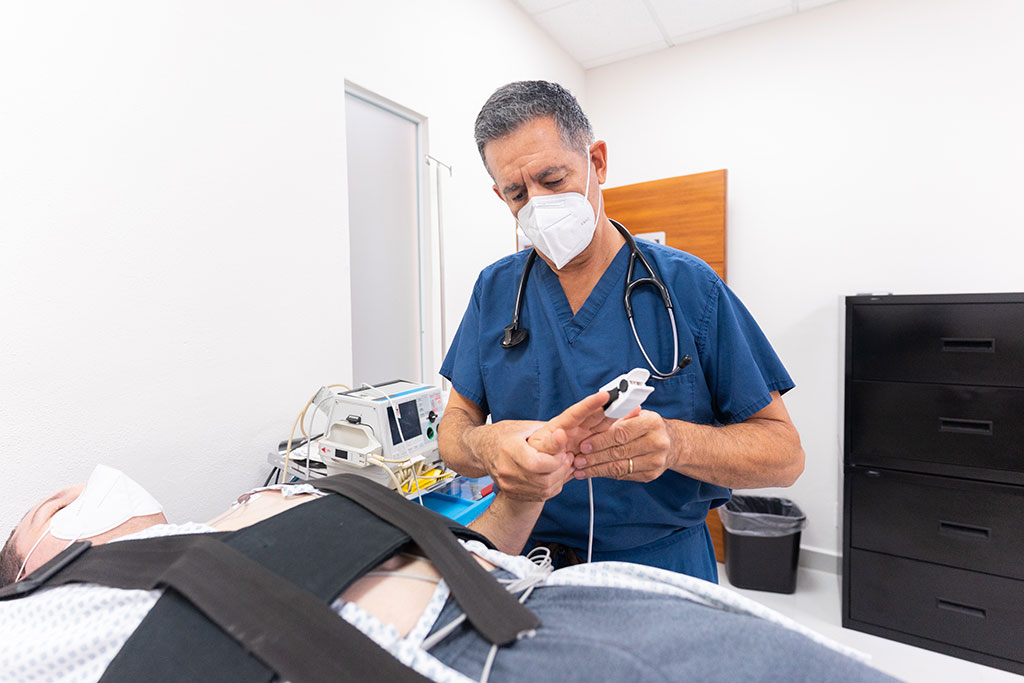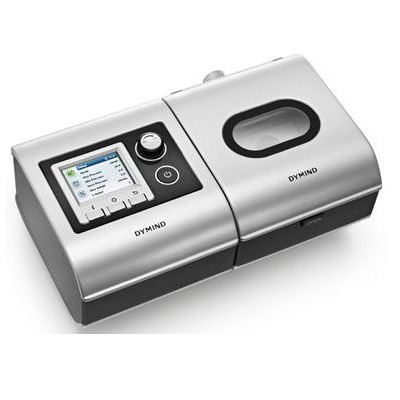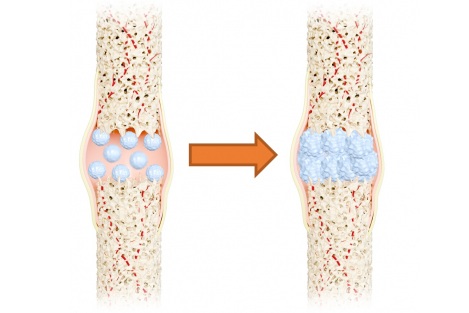Wearable Vest System Could Help People with Heart Failure Stay Out of the Hospital
|
By HospiMedica International staff writers Posted on 27 Oct 2022 |

Early detection of acute decompensated heart failure (ADHF) traditionally relies on monitoring weight gain, although weight alone does not accurately gauge the fluid accumulation that predicts the decline of patients with heart failure. Now, a team of researchers are developing a wearable vest system designed to monitor heart failure patients in their home and detect when their condition is worsening. Such early detection could lead to treatment changes and other interventions that prevent hospitalizations.
A multidisciplinary research team from the University of Massachusetts Amherst (Amherst, MA, USA) is developing an innovative three-channel bioimpedance and electrocardiogram monitor with reusable, dry and flexible electrodes embedded in a wearable cotton vest. Coupled with a smartphone application and cloud server, the system will collect, transmit and monitor physiological data that will be used to develop a clinical decision-support algorithm to accurately detect early ADHF and identify patients who may need prompt medical attention. Bioimpedance measures how the body impedes electric current flow.
The new system researchers are working on expands, refines and improves an earlier version of the wearable vest. The project has been awarded a USD 2.3 million grant from the National Institutes of Health’s National Heart, Blood and Lung Institute to advance, refine and test the technology. The vest only needs to be worn for five minutes a day. It will be equipped with silicone-based electrodes designed by the researchers and an air tube to improve contact with the skin. The researchers will test the system on a diverse group of people with heart failure who are at high risk for ADHF after they have left the hospital. For 45 days after hospital discharge, the participants will wear the vest for five minutes each day, and the research team will evaluate the performance and usability of the system.
“With this system, we added a cloud-based database system so once we measure the patient’s impedance and heart signal, the data is automatically loaded to the cloud so the researchers can get access to it and see what’s happening. And this time, we can notice if there is some issue with the skin-electrode contact and the patients can fix it themselves,” said Yeonsik Noh, assistant professor who holds a joint appointment in the Elaine Marieb College of Nursing and the College of Engineering’s electrical and computer engineering department. “In the case of heart failure, there is a very high rate of readmissions to the hospital. So before that happens, we’ll be monitoring their conditions, and the clinicians can take action before they get worse. And that can prevent other complications. That is the main point of this project.”
Related Links:
University of Massachusetts Amherst
Latest Critical Care News
- Origami Robots to Deliver Medicine Less Invasively and More Effectively
- Improved Cough-Detection Technology Aids Health Monitoring
- AI Identifies Children in ER Likely to Develop Sepsis Within 48 Hours
- New Radiofrequency Therapy Slows Glioblastoma Growth
- Battery-Free Wireless Multi-Sensing Platform Revolutionizes Pressure Injury Detection
- Multimodal AI to Revolutionize Cardiovascular Disease Diagnosis and Treatment
- AI System Reveals Hidden Diagnostic Patterns in Electronic Health Records
- Highly Sensitive On-Skin Sensing Monitor Detects Vitamin B6 and Glucose in Sweat
- Artificial Intelligence Revolutionizing Pediatric Anesthesia Management
- New Device Detects Tuberculosis DNA Directly in Exhaled Air
- New Menstrual Cup Could Detect Infections and Improve Diagnostics
- Engineered “Natural Killer” Cells Could Help Fight Cancer
- Faster Lymph Flow Predicts Better Response to Diuretics in Acute Heart Failure
- New Global Recommendations Aim to End Deaths from Postpartum Hemorrhage
- 'Flat-Line ECG' Indicates Poor Outcomes for Out-Of-Hospital Cardiac Arrest
- New Guidance to Improve Diagnosis and Management of Heart Failure During Pregnancy and Postpartum
Channels
Surgical Techniques
view channel
Novel Glue Prevents Complications After Breast Cancer Surgery
Seroma and prolonged lymphorrhea are among the most common complications following axillary lymphadenectomy in breast cancer patients. These postoperative issues can delay recovery and postpone the start... Read more
Breakthrough Brain Implant Enables Safer and More Precise Drug Delivery
Delivering medication directly to specific regions of the brain has long been a major challenge in treating neurological disorders. Current implants and infusion systems typically reach only one or two... Read morePatient Care
view channel
Revolutionary Automatic IV-Line Flushing Device to Enhance Infusion Care
More than 80% of in-hospital patients receive intravenous (IV) therapy. Every dose of IV medicine delivered in a small volume (<250 mL) infusion bag should be followed by subsequent flushing to ensure... Read more
VR Training Tool Combats Contamination of Portable Medical Equipment
Healthcare-associated infections (HAIs) impact one in every 31 patients, cause nearly 100,000 deaths each year, and cost USD 28.4 billion in direct medical expenses. Notably, up to 75% of these infections... Read more
Portable Biosensor Platform to Reduce Hospital-Acquired Infections
Approximately 4 million patients in the European Union acquire healthcare-associated infections (HAIs) or nosocomial infections each year, with around 37,000 deaths directly resulting from these infections,... Read moreFirst-Of-Its-Kind Portable Germicidal Light Technology Disinfects High-Touch Clinical Surfaces in Seconds
Reducing healthcare-acquired infections (HAIs) remains a pressing issue within global healthcare systems. In the United States alone, 1.7 million patients contract HAIs annually, leading to approximately... Read moreHealth IT
view channel
Printable Molecule-Selective Nanoparticles Enable Mass Production of Wearable Biosensors
The future of medicine is likely to focus on the personalization of healthcare—understanding exactly what an individual requires and delivering the appropriate combination of nutrients, metabolites, and... Read moreBusiness
view channel
Philips and Masimo Partner to Advance Patient Monitoring Measurement Technologies
Royal Philips (Amsterdam, Netherlands) and Masimo (Irvine, California, USA) have renewed their multi-year strategic collaboration, combining Philips’ expertise in patient monitoring with Masimo’s noninvasive... Read more
B. Braun Acquires Digital Microsurgery Company True Digital Surgery
The high-end microsurgery market in neurosurgery, spine, and ENT is undergoing a significant transformation. Traditional analog microscopes are giving way to digital exoscopes, which provide improved visualization,... Read more
CMEF 2025 to Promote Holistic and High-Quality Development of Medical and Health Industry
The 92nd China International Medical Equipment Fair (CMEF 2025) Autumn Exhibition is scheduled to be held from September 26 to 29 at the China Import and Export Fair Complex (Canton Fair Complex) in Guangzhou.... Read more














